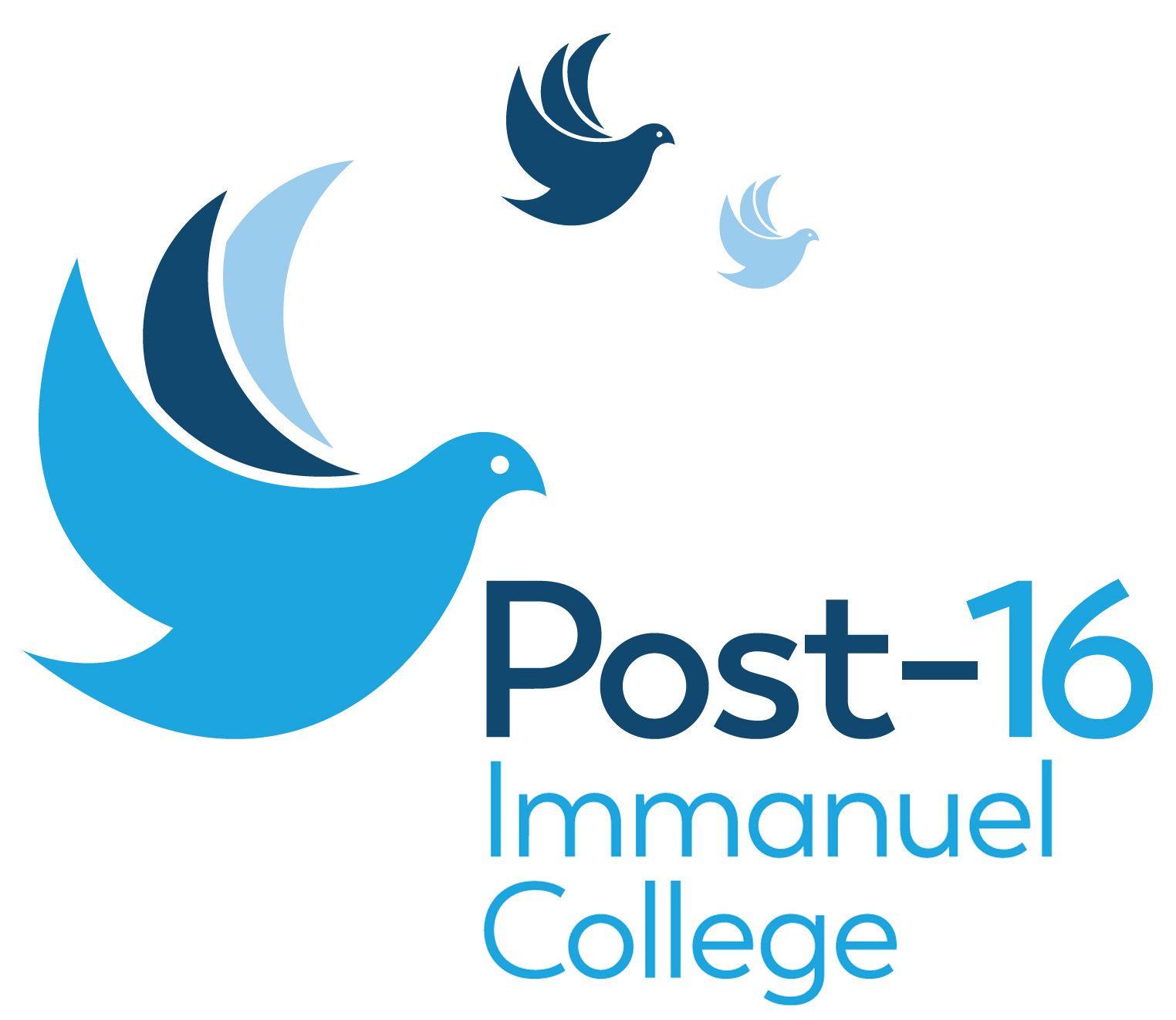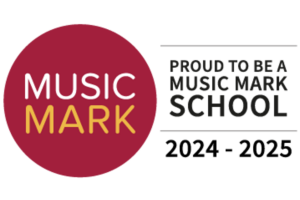
- Overview
- Welcome from the Headteacher
- Post-16 Team
- Admissions
- Post-16 Prospectus
- Subjects
- English Language & Literature
- English Literature
- Maths
- Further Maths
- Biology
- Chemistry
- Physics
- Applied Science (Applied General)
- Art
- Criminology (Applied General)
- Drama & Theatre
- Film Studies
- French
- Geography
- History
- IT (Applied General)
- Law
- Law (Applied General)
- Media Studies
- Music
- Music (Applied General)
- National Extended Certificate in Uniformed Protective Services (Applied General)
- Philosophy, Theology, Ethics - Religious Studies
- Photography
- Psychology
- Sociology
- Spanish
- Sport (Applied General)
- Technical Business (Level 3 - Extended Certificate)
- Travel and Tourism (Applied General)
- Hospitality (Level 2)
- Leadership through Sport (Level 2)
- Public Services (Level 2)
- Employability
- Maths and English GCSE Resit
- Student Leadership
- Results & Student Progression
- Trips & Opportunities
- Charity Work
- Our Facilities
- New Build
- Enrichment
- FAQs
- Exams Information
- Year 10 Information Evening
- Go Higher West Yorkshire
History
Why choose this subject?
At Immanuel we teach the AQA GCE History specification. This means that in the courses we offer we think about the ‘why?’ and the ‘how?’ of history, not just the ‘what?’.
Students have to consider what history is all about and then apply this to look at specific individuals, themes and periods of time. The course allows students to build on the skills and knowledge they’ve acquired at key stage 3 and GCSE level. It will appeal to independent learners with curious and enquiring minds, people who like to think critically and reflectively. Students will ask questions, make links and draw comparisons, evaluate evidence and organise their ideas to reach substantiated judgements.
What will you study?
Year 12
- British History; ‘The Tudors, England 1485 – 1603’ (The reigns of King Henry VII and King Henry VIII) Non-British History; ‘Revolution and Dictatorship: Russia, 1917-53’ (The Russian Revolution of 1917 to the emergence of Stalin as Russian leader)
- Historical Investigation – A personal study centred on the topic of anti-Semitism across Western and Central Europe in the modern world. Year 12 involves the planning and development of the study.
Year 13
- British History; ‘The Tudors, England 1485 – 1603’ (Studies of the reigns of each of Henry VIII’s children; Edward, Mary and Elizabeth)
- Non-British History; ‘Revolution and Dictatorship: Russia, 1917-53’ (An examination of Russia as a dictatorship under Stalin’s control.)
- Historical Investigation – The continuation of the study begun in year 12. Year 13 will involve completing and entering the study with the exam board.
How is this course assessed?
The course is assessed in two examinations in the summer of Year 13. The historical investigation is marked by teachers in the spring of Year 13 and moderated by the exam board.
![]()
History Intent
“Not to know what happened before you were born is to remain a child forever.” Cicero
The history curriculum at Immanuel College has as its foundation the belief that all children are God’s children. For us in humanities, our values of perseverance, character and hope underpin all our work.
The intent of the history curriculum is to:
- show you (students) and remind you that you have a personal identity that is made by local, national and international events and people from the past 1 We aim to help you find your own purpose2
- give you the power through your experience of history to recognise whether what you’re hearing, seeing and experiencing is fact or opinion, developing your confidence as an independent thinker and decision maker
- provide a model for how to investigate the unknown, including where to go for information if you have none, comparing facts and opinions and building within you an attitude of perseverance to find out answers
- prepare you to navigate your duties as a citizen of Britain, developing your emotional, social and political awareness, so that you can be included in the decisions we make as a country3
- raise your confidence in speaking and writing, and to develop your ability to form clear, coherent arguments
- help you become an original thinker, by forming connections between topics and themes in history
- broaden your personal hopes and aspirations for the future, by following the lead of inspirational historical individuals4
1“where every member of the school community is respected, valued and celebrated”
2“reach their God-given potential”
3“Embracing Jesus’s mission to serve others5, we are dedicated to tackling disadvantage and fostering social justice and sustainability6, equipping students with the knowledge, empathy and skills to make a positive impact and advocate for those facing challenges in our local and global communities”.
4“we develop character in our students.”
Subject Maps
Curriculum Maps
What next?
The skills which students develop at A Level History make it a well-respected and valued qualification for a wide variety of University courses and in a range of careers. There are many things you can do with a history qualification besides being a history teacher! For example; print or broadcast journalism, the heritage industry, restoration work, business management, law, civil service, gallery/museum work or architecture








